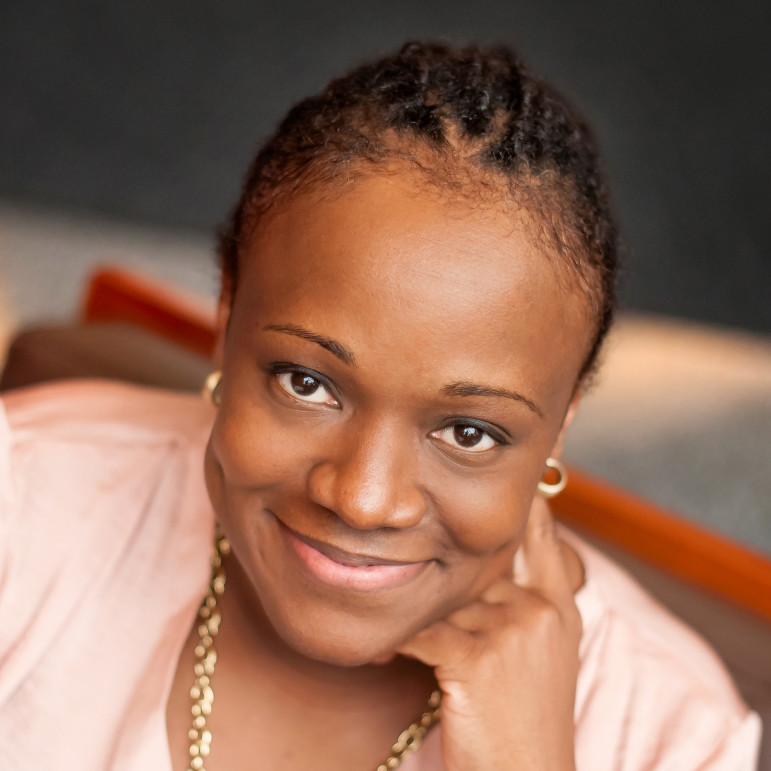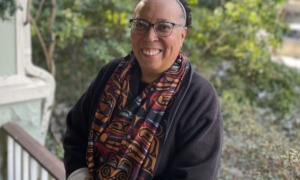Policymakers, practitioners and advocates seeking to improve the juvenile justice system have increasingly acted on calls from youth and their families to make “no decisions about us, without us.” These well-intentioned efforts have led to the proliferation of youth leadership councils, advisory boards and youth speakers’ bureaus — recognizing that some of the most effective emerging advocates and reform leaders are young people whose personal narratives can serve as a powerful catalyst for change.
 Young people’s contributions to the public dialogue about systems reform are invaluable, adding a human element to often-clinical conversations about how best to serve youth and communities that are divorced from reality. Their lives and stories put into stark relief the consequences of our systems’ failures, and can move practitioners and policymakers to action much more effectively than the most compelling position papers or briefs. Those are the benefits of youth partnership and engagement for the systems. But seldom do we think and talk about — and far more seldom do we address — the costs and consequences for the youth we engage and partner with.
Young people’s contributions to the public dialogue about systems reform are invaluable, adding a human element to often-clinical conversations about how best to serve youth and communities that are divorced from reality. Their lives and stories put into stark relief the consequences of our systems’ failures, and can move practitioners and policymakers to action much more effectively than the most compelling position papers or briefs. Those are the benefits of youth partnership and engagement for the systems. But seldom do we think and talk about — and far more seldom do we address — the costs and consequences for the youth we engage and partner with.
Plucking them temporarily out of challenging life circumstances, sometimes chaotic homes and communities, we invite them to conference rooms and podiums, and give them a microphone and an opportunity that may seem too good to pass up — to have adults listen with rapt attention. What happens after that, all too often, is the resumption of inattention. Not to the collective needs of the young people with system involvement, but to the individual needs of those we have anointed as spokespeople.
Ethical youth partnership and engagement requires advocates and reform leaders to be clear and intentional about their goals, and to communicate those goals to the young people with whom they wish to partner. It also requires that we set realistic expectations about the limits of the relationship. And finally, in some circumstances, it demands that we exceed those expectations by being mindful of first attending to the immediate, most urgent needs of our youth partners.
Distinguish between engagement and partnership
Engaging youth can actually be quite easy. It may mean simply asking their opinions, inviting them to participate in focus groups (with or without recompense), or giving them an opportunity to review and give feedback on the work product of adults. Youth engagement can be one-off or sustained over time, but sustained engagement is just that. It does not transform into partnership, just by virtue of having been prolonged.
Partnership is a much more rigorous standard and requires that we give young people the opportunity to weigh in not only on content, but on process as well. It means investing in the capacity building that will enable them to become true partners in problem solving, systems reform or policy development. And it often necessitates a longer timeline before we can expect to see results. Before we can call the relationship with young people a true partnership, we must build trust that their input will carry equivalent weight and receive equal consideration to that of their adult counterparts.
Manage expectations, avoid tokenism
At worst, many young people with lived experience are identified by practitioners and providers as especially “articulate,” “personable,” “smart,” or in other ways “atypical” of system-involved youth. They may then be thrust into circumstances where they are celebrated for the accomplishment of having simply survived a broken system. Once they have recited the litany of their often turbulent lives, very little is asked or expected of them other than to illustrate the need for change.
When youth are full partners with advocates, they are treated as experts in their own right. Having seen and felt the systems from the inside, they are given the time, space and the tools they need to develop meaning and context around their personal experiences. More importantly, they are given the choice about when, where and how to share those experiences as part of a reform movement, policy initiative or other systems-change endeavor. Finally, they are informed about the limits of the impact they should expect to have with their participation, and have complete autonomy to decide whether to participate at all.
Do no harm
One of the often-repeated descriptors of system-involved youth, and youth who have experienced homelessness, for example, is their virtual invisibility. Their histories often include a long list of “warning signs” and “red flags” that adults charged with caring for them missed or ignored.
Youth who are engaged in reform initiatives may, for perhaps the first time, be the recipients of praise and positive reinforcement. That attention comes with an unspoken quid pro quo: As long as they are the exception to the rule, they will be celebrated. They must stand as an example of either extraordinary resilience in spite of the system, or the success of a new approach to fix the system. In either case, these young people have little room for error if they want to continue to receive positive recognition, or any recognition, since failure once again relegates them to the masses of children who “did not make it.”
When engaging and partnering with young people, our overarching goal should be to do no harm. This will mean, at a minimum, accommodating their life circumstances. Ideally, adult partners should also intervene and connect them to services, even when it is clear that in doing so, we may be giving exceptional support to one young person. After all, we are responsible for putting them in exceptional circumstances.
A sound youth partnership and engagement model recognizes and accommodates what we, in child-serving systems are fond of saying: Kids are different. Their gains can be incremental, and setbacks may even be frequent. This is no less true of youth who manage to connect with advocates and policymakers, and who speak eloquently and movingly on demand about the need for reform. Their “lived experiences” are, in most cases, still being lived. The only ethical path to meaningfully engage and partner with them is to do everything within our power to ensure that those experiences become a thing of the past.
Marie N. Williams, J.D., is senior program officer at the Stoneleigh Foundation. Before that she was immediate past executive director of the Coalition for Juvenile Justice and a longtime advocate for social justice causes.
































